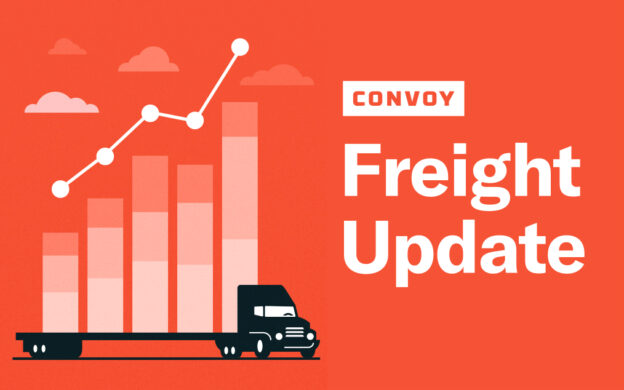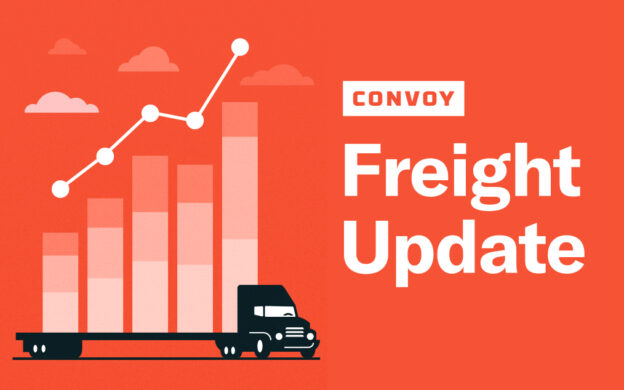Global Supply Chain Disruptions Derail Expected Rebound in January Industrial Output
Freight Research • Published on February 15, 2020
Industrial production continued to disappoint in January, dashing late-December hopes of a new start for the U.S. economy in the new year. The sectors with the biggest trade exposure (e.g., industrial manufacturing) faltered while the sectors that rely on domestic consumption (e.g., food and beverage, furniture and appliances) were rare points of strength.
Unseasonably warm and wet weather across the continental United States last month dragged down utilities output, a small component of the overall index.
Hope sprung eternal as December wound down: A new trade consensus between the United States and China, Brexit clarity, and a rosier global economic outlook — fueled by a rising stock markets — pointed to stronger industrial production during the first half of January.
But mid-month, the global economy threw a curveball. Coronavirus ground economic activity in China to a halt, and with it, supply chains around the world were disrupted. The epidemic is increasingly taking a toll, and the longer it continues, the more we can expect it to drag down top-tier economic data.
For the trucking sector, flat freight demand on average for the month masked two very different halves. Freight demand had been recovering from a soft fall harvest, and the first two weeks of January saw this upward momentum continue. But the supply chain disruptions after the Coronavirus epidemic accelerated put a damper on demand, particularly in trade-exposed ports.
Convoy’s freight-weighted industrial production index has begun to turn around — with the smoothed index appearing to turn a corner in November of last year. It is about halfway to the requisite six months of increases to officially exit recession. Though it remains down from a year earlier suggesting that the freight economy continues to contract on an annual basis — a trend that is likely to continue through at least March or April.
View our economic commentary disclaimer here.


